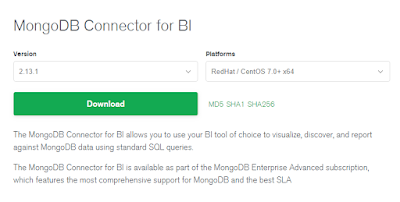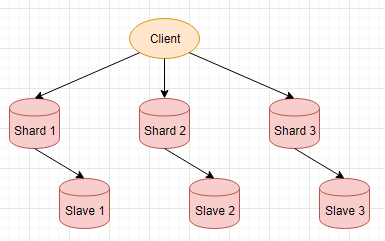Oracle Goldengate Issue OGG-00664 OCI Error during OCIServerAttach (status = 12547-ORA- 12547: TNS:lost contact)
I have recently encountered this issue OGG-00664 OCI Error during OCIServerAttach (status = 12547-ORA- 12547: TNS:lost contact) After doing some research, tried several approach, finally found a solution that worked for me Approaches I tried that didn't work for me but seems to work for some people: I have also listed the approaches in the order I tried them as sometimes some configuration we applied does help to achieve our resolution in the end. 1. I noticed the os user I use to log into ggsci does not belong to the group oinstall which is the group that owns the oracle binary, so basically run the following, note that oragg is the os username that I use to run my ggsci usermod -a -G oinstall oragg 2. Add the following lines the prm files SETENV (TNS_ADMIN="<your oralce home>/network/admin") SETENV (ORACLE_SID='<your oracle sid>') SETENV (ORACLE_HOME="<your oracle home>") I also did try (NOTE: my thought process was I don't need...


